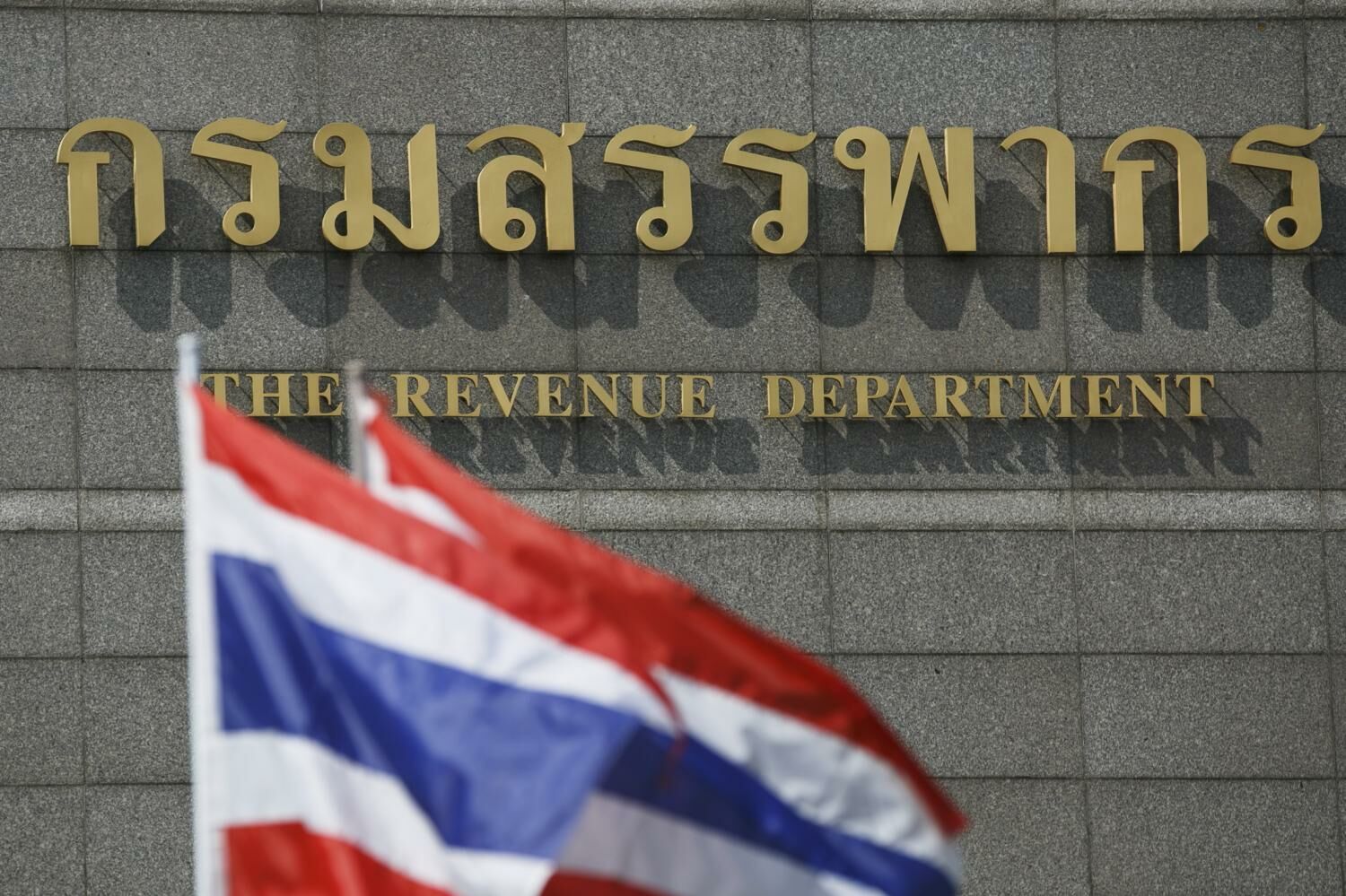Taxing times ahead: Employers must now e-file payroll returns

Vinit Visessuvanapoom, the Director-General of the Revenue Department, announced a new requirement for all employers to submit payroll tax returns electronically. The move is part of an effort to prevent fraudulent tax return forms.
The director-general highlighted that before the department’s notification on income tax No.438, the electronic submission was voluntary. However, starting from January 1, 2024, all tax return forms for personal income tax withheld by employers (CIT 50 form) must be filed via the department’s electronic system, reported Bangkok Post.
The objective behind this initiative is to provide a convenient approach for individuals, especially those with multiple income streams, to verify their income information. This can be done through the My Tax Account system, which will be available for filing personal income tax returns from January 1, 2024, to March 31, 2025.
Vinit emphasised the benefits of online tax filing. Employers will no longer need to maintain paper forms, thus eliminating storage costs. More importantly, it should prevent fraudulent tax refund requests and ensure accurate tax reporting by preventing employers from over withholding.
The Revenue Department’s goal is to centralise all information related to personal income tax in the My Tax Account system. This will make it easier for individual taxpayers to verify the eligibility of their deductions.
However, the director-general conceded that some information cannot yet be linked through the online system. This includes provident funds, which employers deduct from employees’ income and send to fund managers.
In the previous year, around 11.4 million tax return forms for personal income tax were submitted, with 96% submitted via electronic channels. Four million people filed for tax returns.
By February 5, approximately 2.1 million forms had been submitted. This figure is an increase from the 1.7 million forms submitted during the same period last year.
In related news, Thailand aimed to boost tourism by proposing the cancellation of duty-free shops for arrivals, along with tax reductions and streamlined VAT refund processes for tourists.
Latest Thailand News
Follow The Thaiger on Google News:


























